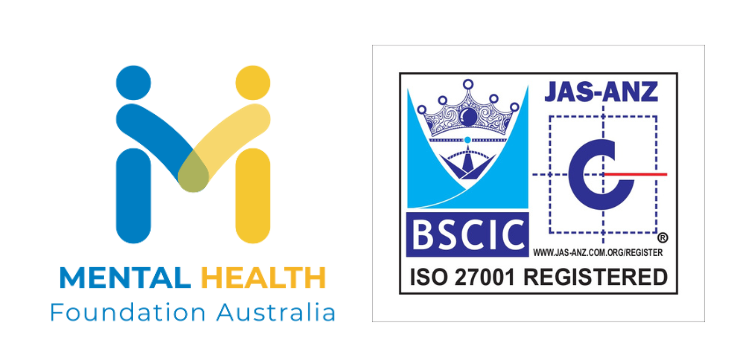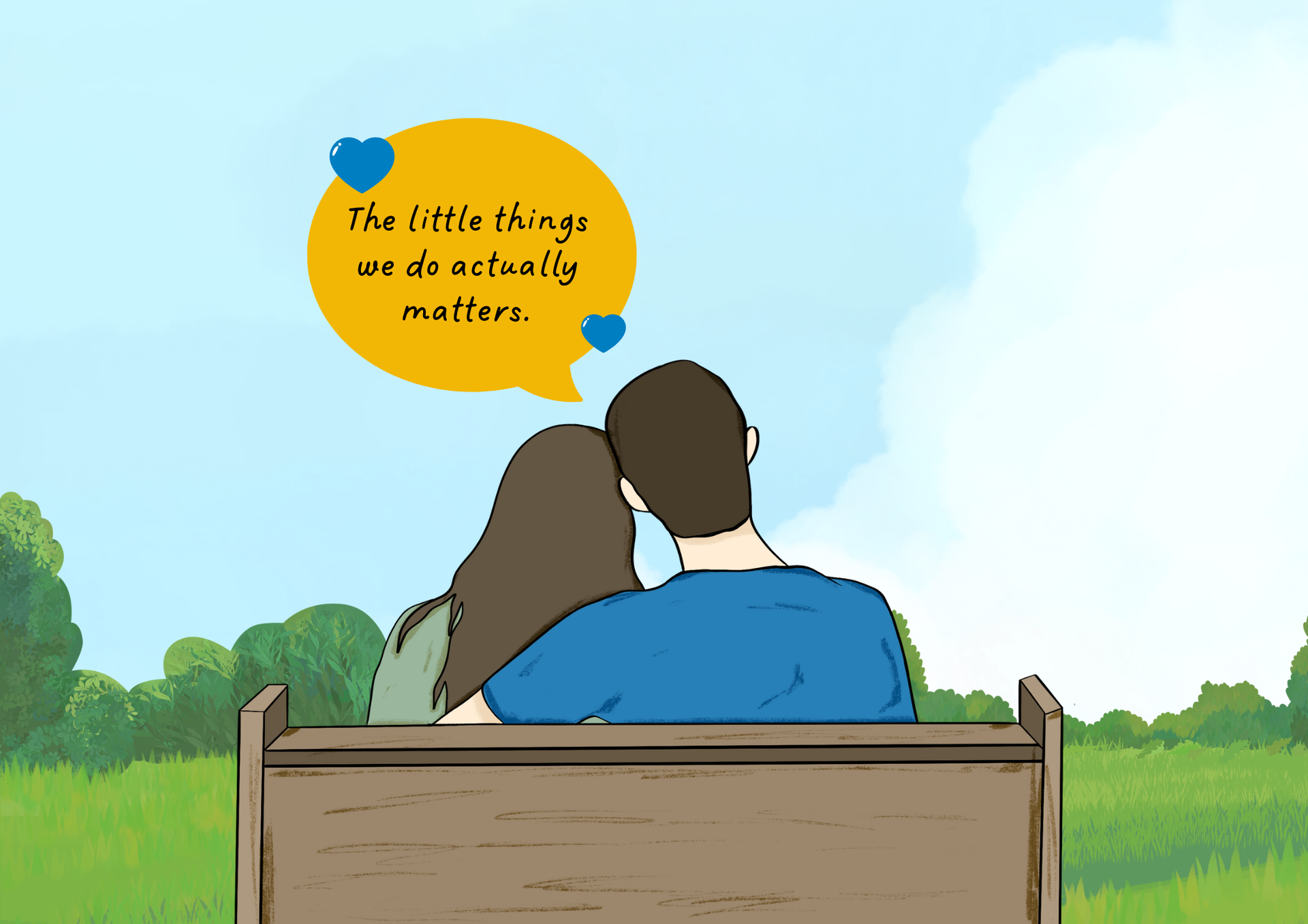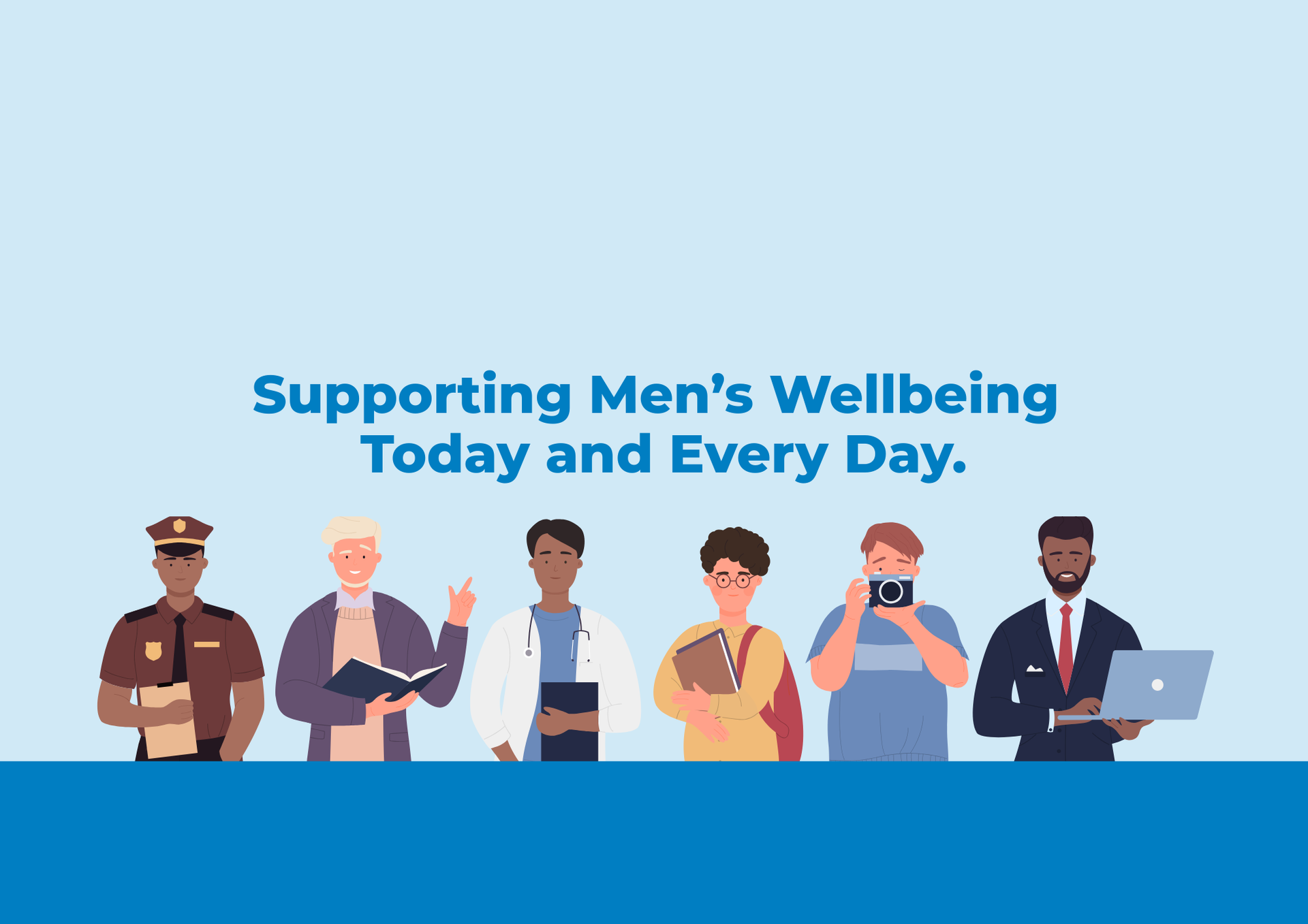Nurturing Relationships Through Movement
November 18, 2024
As we approach International Men’s Day, I've been reflecting on my mental well-being and how I nurture healthy relationships - with others and myself.
For me, movement is key.
I love the feeling of challenging myself; each session is a personal competition, whether an early morning gym workout or a run after work. When I feel good in my body, I feel good in my mind.
But things weren’t always like this. I didn’t enjoy school, and I faced many mental struggles. Then, one day after school, my dad said, “Come on, we’re going to the gym.” I was 14 at the time, and I never imagined that exercise could change me. But it did, and in ways I couldn’t have expected.
Training gave me control over one part of my life at a time when I felt I had none. By focusing on what I could control, exercise opened a whole new world for me - a world of personal development and community.
What is Personal Development?
Personal development involves the intentional act of investing in yourself. It’s a powerful process that can positively transform how we view ourselves and the world around us (UK College of Personal Development, 2024). Personal development activities enable you to grow your skills, knowledge, and confidence.
I regularly take on activities that push me beyond my comfort zone, allowing me to grow.
I train at the gym and go for runs, take ice baths, read books, and I’m learning to cook.
Additionally, I am nurturing my relationship with myself by learning to say no to people and setting healthier boundaries. Lastly, I’m strengthening my relationships with friends and family by spending quality time with them.
How Does Exercise Help Mental Health?
Exercise and mental health go hand in hand. Exercise can boost your mood, concentration and alertness. It can even help give you a positive outlook on life.
Exercise influences the release of brain chemicals that impact your mood. After exercising, you’ll often feel more focused, emotionally stable, and happier due to increased serotonin, which helps regulate mood. Endorphins are also released, contributing to what some runners call a “runner’s high” - a sensation that reduces stress and enhances overall well-being. Regular exercise can also improve sleep quality, supporting better mood management.
Not only does exercise help your relationship with yourself, but it also helps bring people together. An example of this is community sports.
Community Sport and Wellbeing
Humans naturally seek connections that foster a sense of belonging and community.
Community sport is a great example of how a common goal and hobby can unite people. Whether it is the late cold winter nights at training or the Saturday afternoon matches, working towards a goal together strengthens relationships.
Recent statistics have revealed that over 200,000 Australian men felt they didn’t have a single close friend, and 43% of men will experience poor mental health in their lifetime. These stats highlight the importance of community.
Staying connected through exercise and community sports can help lower depression and anxiety, boost self-esteem, and improve overall quality of life (Tasmanian Government Department of Health, 2024).
How did My Relationships Improve?
From being the shy kid at school, struggling with mental health challenges, to becoming a confident young man, exercise has played a key role in improving my relationships - with others and with myself. It pushed me out of my comfort zone and sparked my passion for personal development.
Some of my fondest memories are tied to sport - whether it was winning a grand final with my mates or celebrating their successes. Many of my closest friendships have been formed through community sports and exercise.
Whenever I’m feeling down (which happens to all of us), I reach out to a mate to do something physical together - whether it’s training, surfing, or simply tossing a tennis ball at the beach. Physical activity has been a cornerstone in nurturing my relationships.
Taking care of yourself is one of the strongest things you can do.
By Conor Agnew
Sources
- Tasmanian Government Department of Health. (2024). Why social connections are important for young people. Doh.health.tas.gov.au; Government of Tasmania. https://doh.health.tas.gov.au/healthykids/blog/why_social_connections_are_important_for_young_people#:~:text=Healthy%20social%20connections%20help%20us
- UK College of Personal Development. (2024). What is personal development? UK College of Personal Development. https://ukcpd.co.uk/personal-development/what-is-personal-development/





